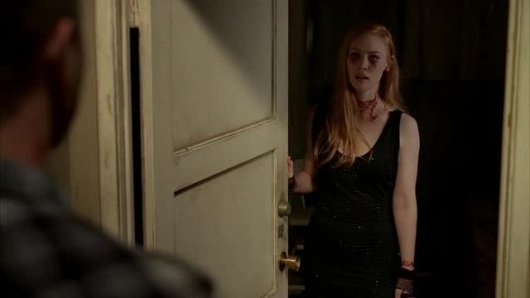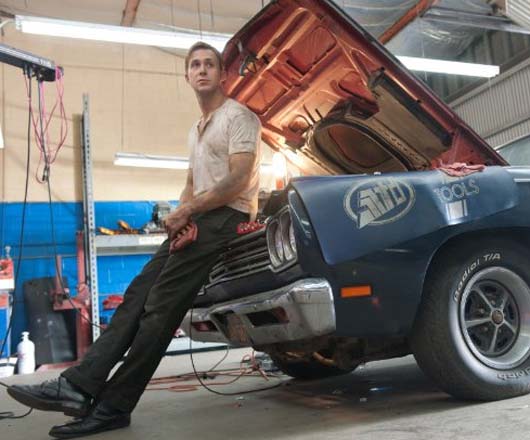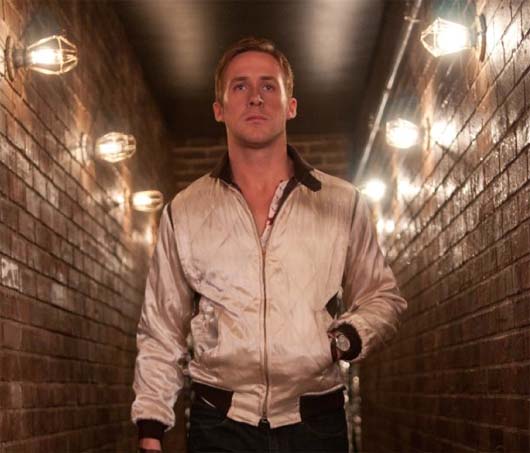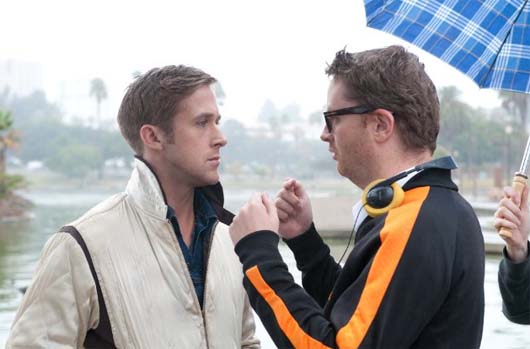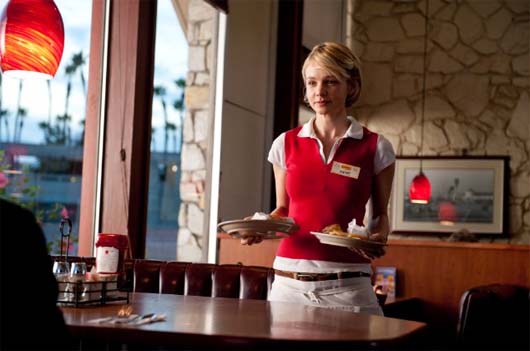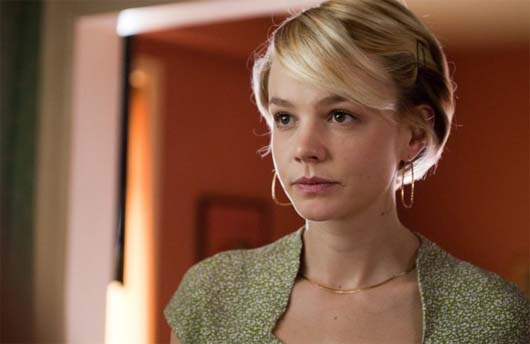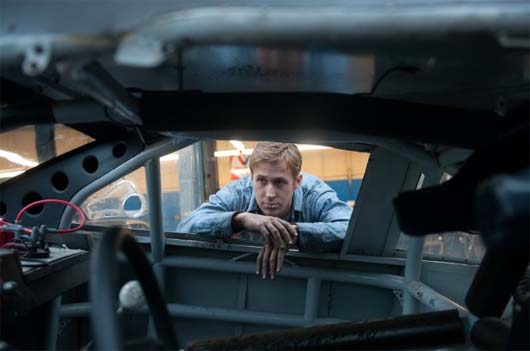 TV
TV In Which There Is Nothing To Be Afraid Of
 Tuesday, August 7, 2012 at 11:06AM
Tuesday, August 7, 2012 at 11:06AM 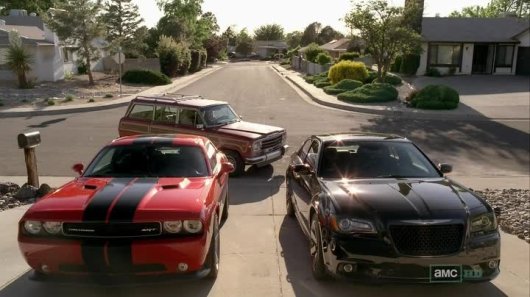
Lady Banjo Eyes
by DICK CHENEY
Breaking Bad
creator Vince Gilligan
True Blood
creator Alan Ball
Walter White (Bryan Cranston) is distracted from his job for a moment, but no more. On his 51st birthday, his wife slowly walks, fully-clothed, into the family pool. She can't get good with the way things are now that Walt is running his own business. She chainsmokes in the home, she begs for his cancer to return, she can barely manage to bake a chocolate cake. Her behavior is so exaggerated that she has turned into the Danielle Steele version of an adulterous wife.
It's a lot harder to write a character sketch like this about the protagonists in the eighteenth season of HBO's True Blood. What's that you say? It only feels like the eighteenth season? No matter. The typical scene on True Blood lasts only the thirty or forty seconds it might take you to get bored of it before moving onto the next character. It's like skipping from YouTube to YouTube, and in every episode, there are over a thousand.
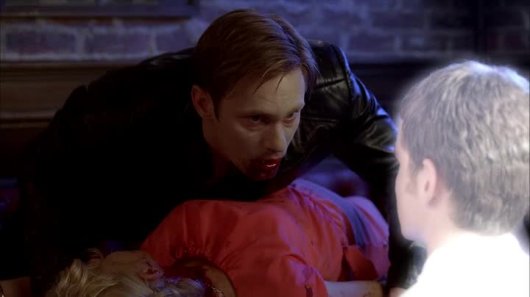 not casting Fred Savage as Godric was an almost unforgivable mistake
not casting Fred Savage as Godric was an almost unforgivable mistake
The character I least understand on True Blood is Eric Northman. When the show began he was completely committed to the superiority of vampires over humans, now he walks around acting like he's Saint Ignatius. You have never seen a man so completely convinced there is no vampire god. He's become a Christian message board troll who waits for someone to espouse their faith in under 130 characters and then chimes in with a "Not likely!"
Understanding the motivations of a drama's personages is the first step to empathizing with their predicament. I almost admire how much True Blood eschews this. The only time it has its characters even react to the madness that surrounds them is when they cry afterwards. By the next episode, they are generally fine. The rule on True Blood - that everyone gets a storyline - extends even to the most peripheral characters, especially if they were kind enough to offer Alan Ball an on-set blowjob.
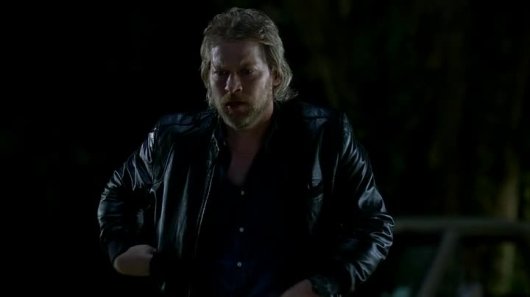 Alan Ball and Anna Paquin will not be doing any USO tours, of that much we can be certain
Alan Ball and Anna Paquin will not be doing any USO tours, of that much we can be certain
After a time, playing with the lives of fictional people becomes like moving things around on your desk. Alan Ball hates God so completely he had to become him.
Everything bad on True Blood is associated with religion, even the eating of a child. Ball believes that faith is the corruptor, the scapegoat instrument by which evil is wrought. His most sincere and good-willed individuals on the show are completely without faith; they feel lost in the world as he does, and simply by virtue of not knowing exactly what they are, are blessed and imagined as heroes.

No such luck for Walter White. He spent his entire life before he got brain cancer afraid of things, unable to decide who he was or what he should be doing with his life. Once he realized that, his new problems began.
I have lived longer than anyone I have talked about so far in this essai besides Eric Northman. One of mankind's most enduring cliches is that success comes with a price. (This cliche was first associated with Jesus, and later, Kristen Stewart.)
Whatever truth there is in this statement exists completely outside the realm of human experience. For those who aren't successsful, no price is too high. And for those who are successful, like the creators of Breaking Bad and True Blood, there must be some other reason for their unhappiness, an explanation that lies outside themselves. If they actually found they liked being miserable, success would feel like a curse.
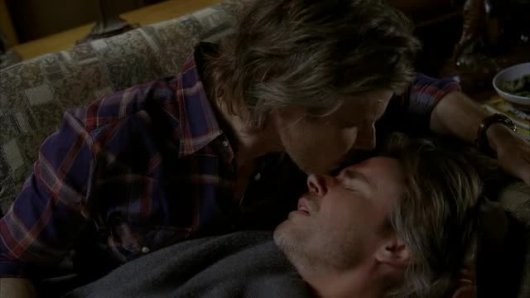 taking Nancy Pelosi's dream and bringing it to life
taking Nancy Pelosi's dream and bringing it to life
Basically, it's easy to forget that you are the one who knocks. Many years ago my daughter came to me and explained that one of her classmates was afraid of me. What was I going to do about that? I offered to meet the young man, and he came over to our house for dinner. I asked him if he still felt afraid of me. "No," he said. I told him to wait.
Walter White is happy, perhaps the happiest he's ever been, but there is no one to enjoy it with him. Is this what it is truly like to run a critically acclaimed television series? Must there be a feeling in everything that they will be found out as a fraud, a charlatan? Did Matthew Weiner put his blood in a syringe and infect everyone in Hollywood with his identical insecurities?
I noticed some years ago that I find myself happier in the company of sad people, simply by comparison. And when I meet truly happy people - Oliver North comes to mind - I feel sorry for myself, that I cannot be as they are. Even more astonishing is that I am allowed to behave this way by the people in my life.
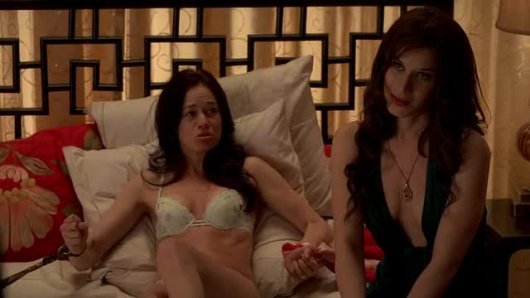 Beel, drain this woman while I watch the uneven bars
Beel, drain this woman while I watch the uneven bars
There might be another reason that this cliche keeps reoccuring in our popular fictions. Vampire leader Salome Agrippa (Valentina Cervi) has quickly become the worst character on True Blood. Her scenes are completely boring; she speaks with a vague monotone that is supposed to come off as threatening but in reality just lulls the viewer to sleep. Her idea of acting consists of brushing back her bangs. If I have to view her bare chest one more time, I'm going to start missing the acting "skills" of the guy who played Lafayette's top.
But besides the fact that Salome can't act and looks completely unappealing without clothes, the various travails of Salome don't interest me or my wife because she is truly satisfied with herself. Salome is incapable of change. Eventually this will be her downfall as she tries to take over the world for her vampire God, but until then I guess I have to keep watching Bill (Stephen Moyer) penetrating her with his ass raised high in the air, like he's about to hammer a nail.
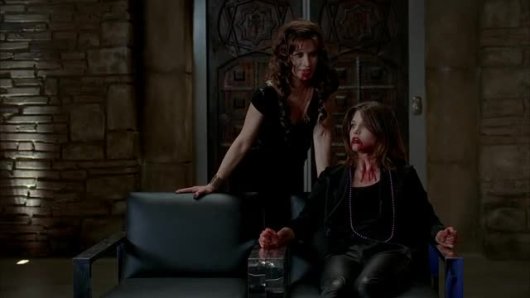 you killed off Christopher Meloni FOR THIS?
you killed off Christopher Meloni FOR THIS?
True Blood and Breaking Bad, as they ascended to their first heights, made a point of portraying strong and powerful women. Now that these dramas near their conclusion, these women are actually revealed only as exceptions to the general rule of female archetypes - power and vulnerability can no longer exist within one human person. There may be sexism behind this, and I'm sure there is, but I can suggest another cause as well.
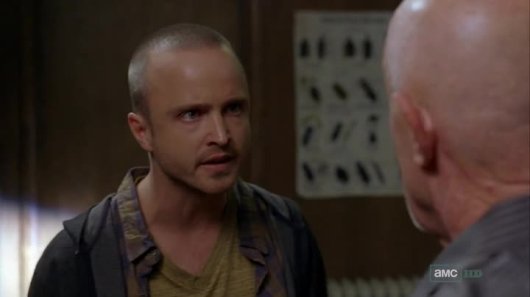 sexism, yoWhen a man changes his mind, or becomes something different than what he is, it is not a betrayal. This is expected of him: it happens when he begins a household, settles down with his partner, has children. These are all changes for him, and the responsiblities are said to improve who he is.
sexism, yoWhen a man changes his mind, or becomes something different than what he is, it is not a betrayal. This is expected of him: it happens when he begins a household, settles down with his partner, has children. These are all changes for him, and the responsiblities are said to improve who he is.
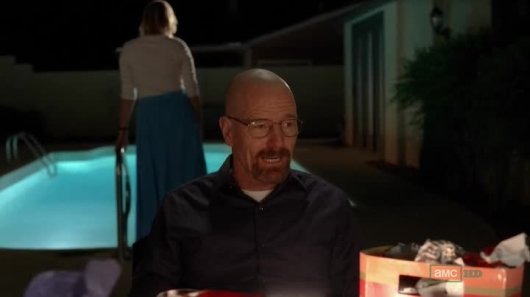
When these things happen to a woman, it is thought to be no more than a natural extension of herself. Lies. This vicious canard is completely subsumed in how men think of the opposite sex. But the reality is not that women aren't changed by the contours of family and marriage. It is that, on a conscious or even subconscious level, women are better at understanding what change implies than men will ever be.
Dick Cheney is the senior contributor to This Recording. He is the former vice president of the United States. You can find an archive of his writing on This Recording here. He last wrote in these pages about the beginning of Breaking Bad's season.
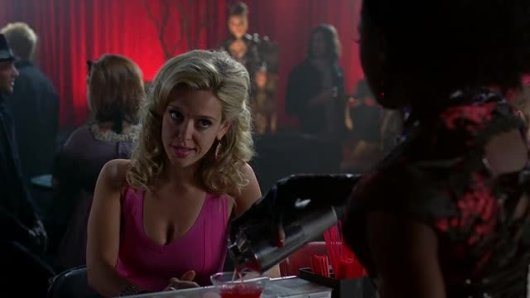
"We Are Not Good People" - Bloc Party (mp3)
"Octopus" - Bloc Party (mp3)
The new album from Bloc Party is entitled Four, and it will be released on August 20th.
